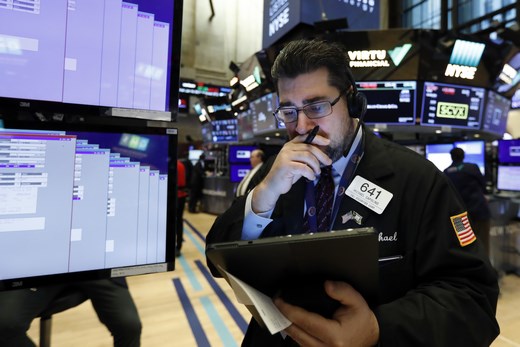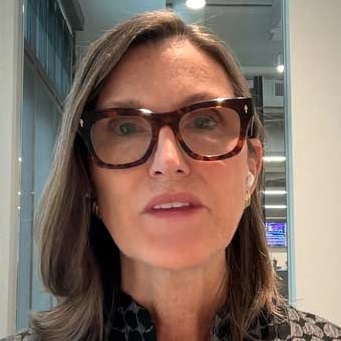TRANSCRIPT
Emma Wall: Hello and welcome to Morningstar. I'm Emma Wall and I am joined today by Fiona Reynolds from the Principles of Responsible Investment.
Hi, Fiona.
Fiona Reynolds: Hi.
Wall: So I've just heard your extremely interesting chat at the Morningstar Investment Conference in Europe about ESG and I've to ask, why should investors care about responsible investing?
Reynolds: Well, basically a lot of investors such as pension funds for example, are investing our pension fund money. So when they are doing that, they are investing at a time horizon of about 100 years, liabilities for, people in the pension fund pots who've got, who are 20, 30, 40, 50, 60 and they are going to be in that fund for 50, 60, 70 years.
So you can't just think about what's happening today when you are investing for the long-term, you have to think about the issues that will be affecting that fund and those investments over a long period, and environmental, social and governance factors are risks. They are not more important than other risks but you can't ignore them because they affect your investments, they are material risks, they are financial risks and they've got to be considered.
Wall: I think one of the big misconceptions about this space, is that ESG investing is ethnical investing. People say, well, you know there is only limited returns I can get from solar panels for example, but the list that you gave just now of what ESG issues are, are fascinating. The GSK scandal, the BP scandal, the Volkswagen scandal, things that hit the bottom line, hit the shareholder.
Reynolds: Absolutely, I think one of the problems in responsible investment and about ESG is that there is a lot of confusion around the language and what it means. We work with investors, some of the biggest, most sophisticated investment managers and asset owners in the world and this isn’t about ethnics, this is about risk and how you manage risk.
Now a lot of ethical issues end up being investment issues as well. So they are not mutually exclusive, but we comment about it from that point of view, from very much a risk management point of view and it all comes back to how companies think about issues, how they manage environmental issues, how they manage social issues, how they manage governance issues.
How they look after their staff, do they go and pollute rivers, to be able to get rid of waste. All of these kinds of things, they are all governance issues, it's all about how you as a company manage your business thinking about the long-term and how you're going to create value for me over the long-term as an investor.
And as investors I think there is a bigger role to play than just sitting back passively and letting companies do what they like, we need to be engaged with companies, understanding their businesses, understanding what they are doing and expecting them to change with the times, and expecting them to think about risk over a long time period and then we'll invest with them for the long-term.
Wall: And it's not just about the fact that, to be honest, we should be caring about our planet, global issues are human issues. It's also about the pound in our pocket, because these scandals hit their share price instantaneously, don’t they? But the longer-term ESG issues affects businesses profitability over the long-term?
Reynolds: Absolutely, if you look at the scandals recently, things like Volkswagen, that’s hit their share price and that was a failure of governance. That was someone you know at the top undertaking actions that were illegal and you know with others having knowledge of it, it's governance scandal, but it's not just therefore wrong, it is also affecting the share price.
Then there is things like the BP Deepwater Horizon disaster which is more of an environmental issue, but it was also a governance issue and it also hits the share price. There is the issues that have happened in the Lonmin mines in South Africa that’s a eth issue, it's about staff, about employees. But that ended it up in shooting, some people dying. And that is a big social issue, but it also hit the bottom line of that company and costing business money. That’s why these issues are really, really important.
Now, if we can do things as investors to improve the way companies perform, can improve how employees have traded and improve environmental outcomes. It's a fantastic win-win for everyone, so I am not sure why we wouldn’t all do it.
Wall: Fiona, thank you very much.
Reynolds: Thank you.
Wall: This is Emma Wall for Morningstar. Thank you for watching.








:quality(80)/cloudfront-us-east-1.images.arcpublishing.com/morningstar/U7P3QP542JCQDEGDSDBKB2BAAE.png)












